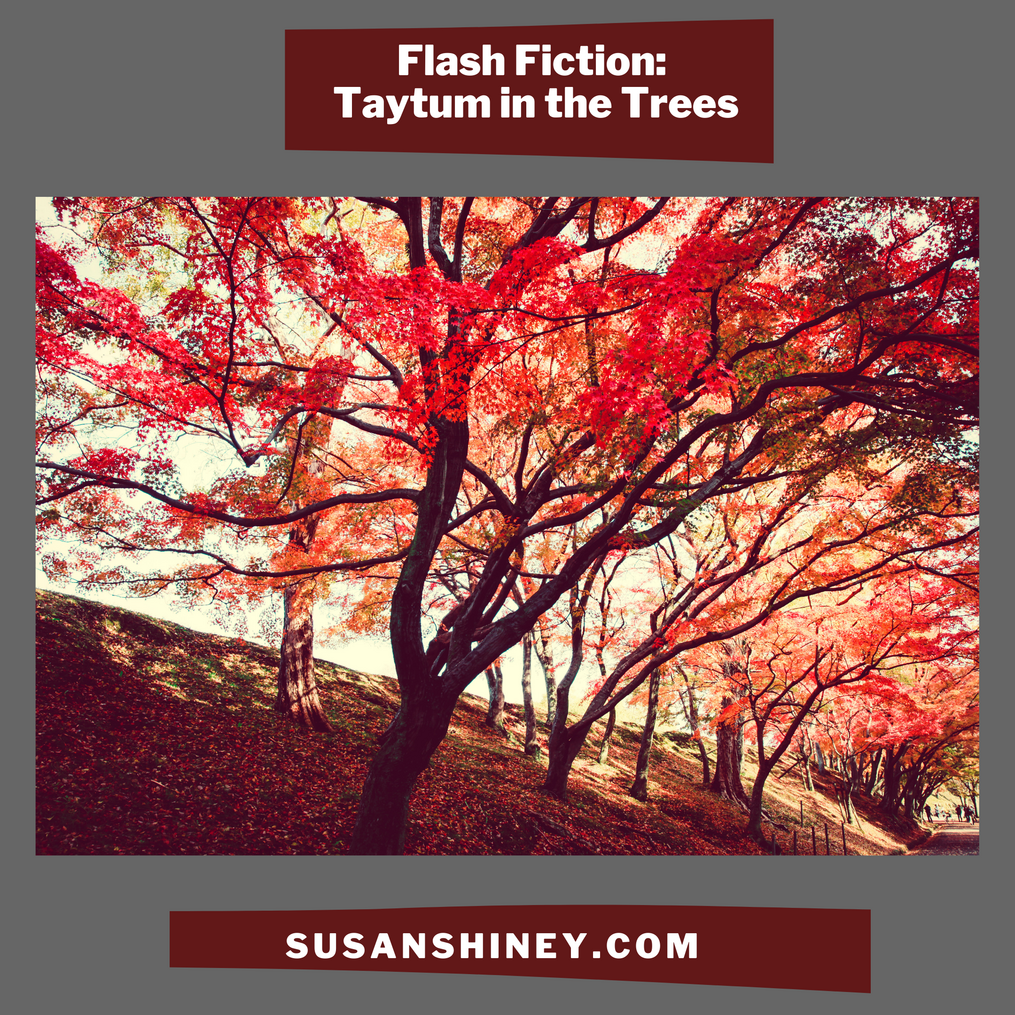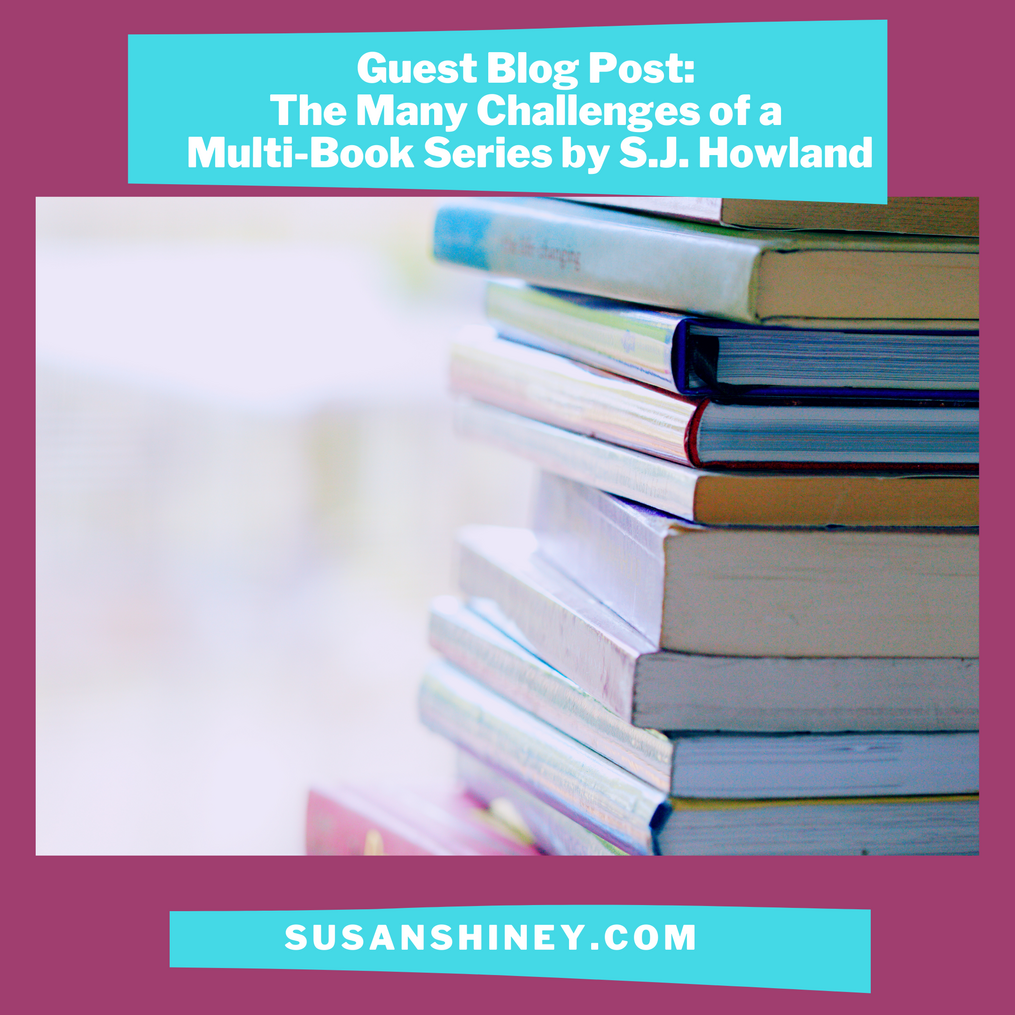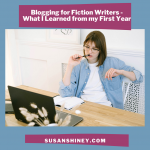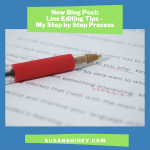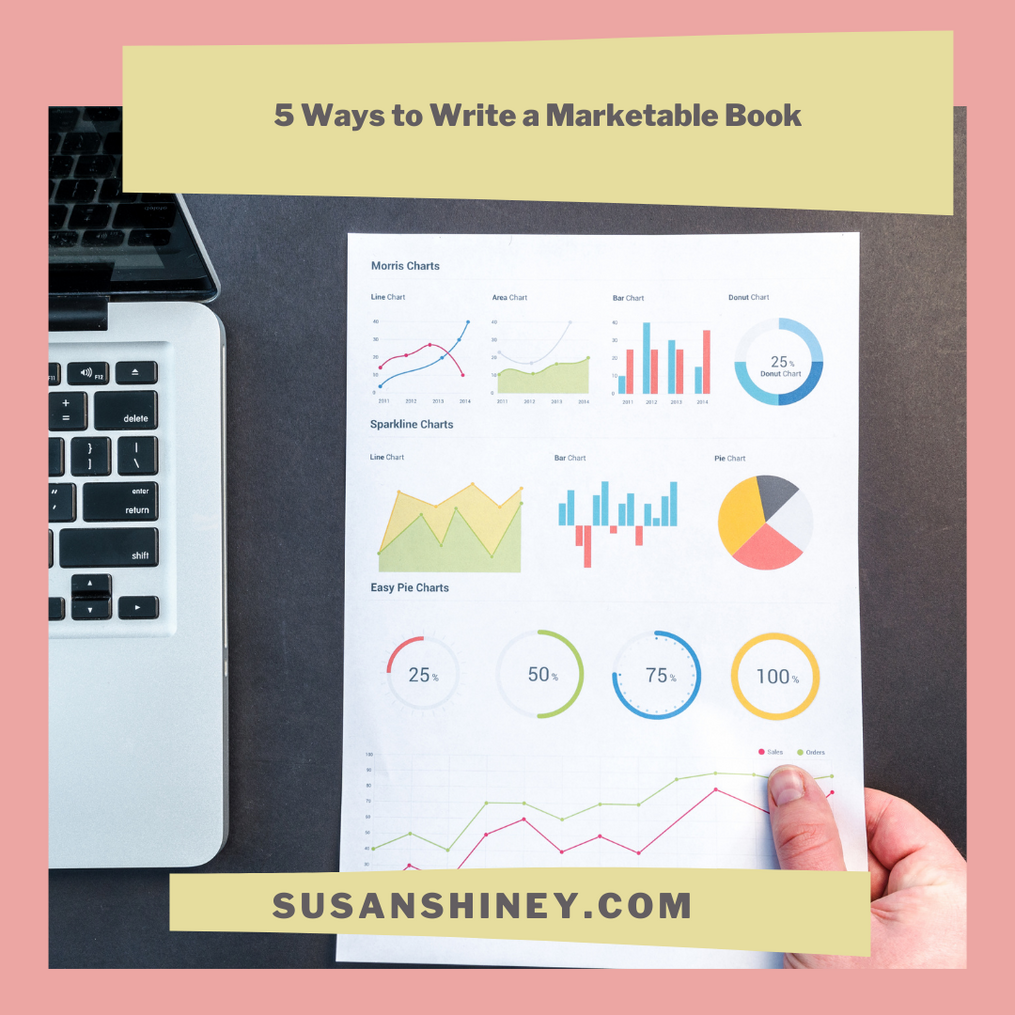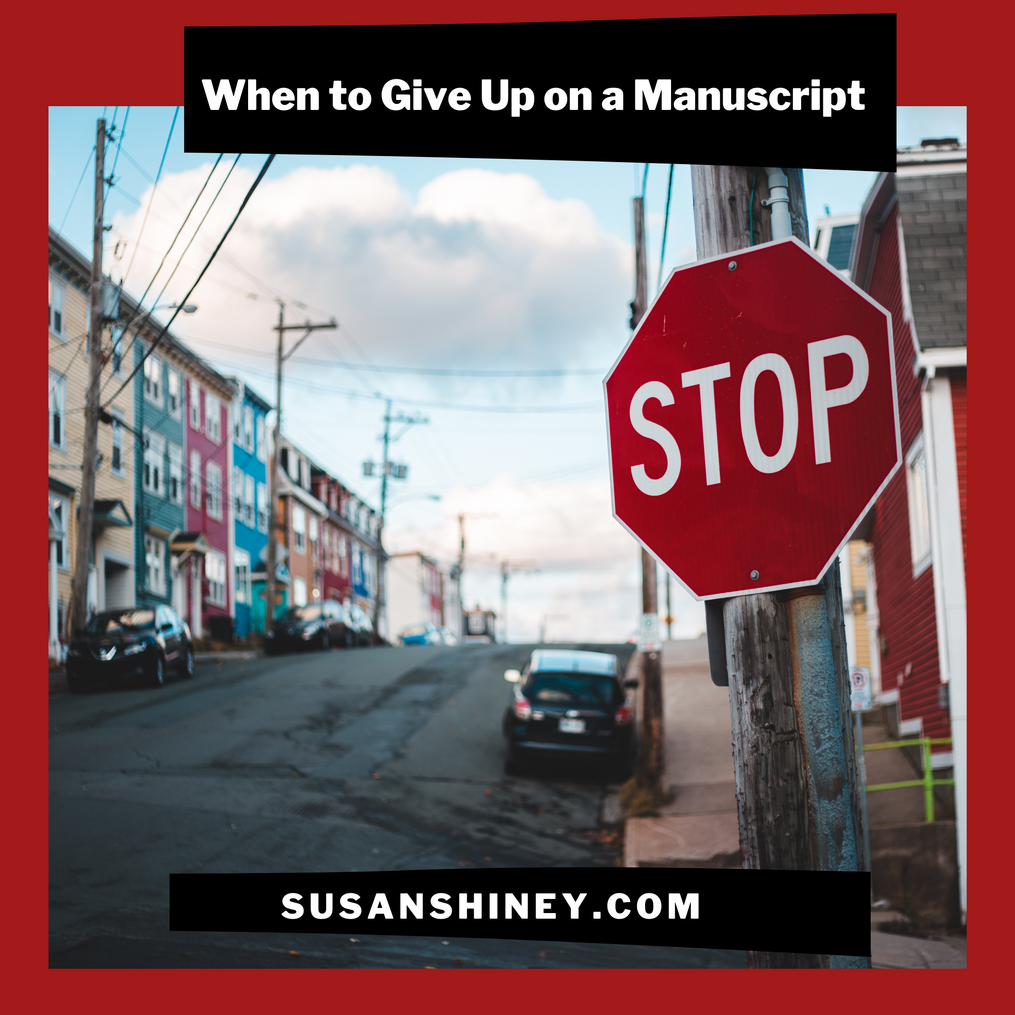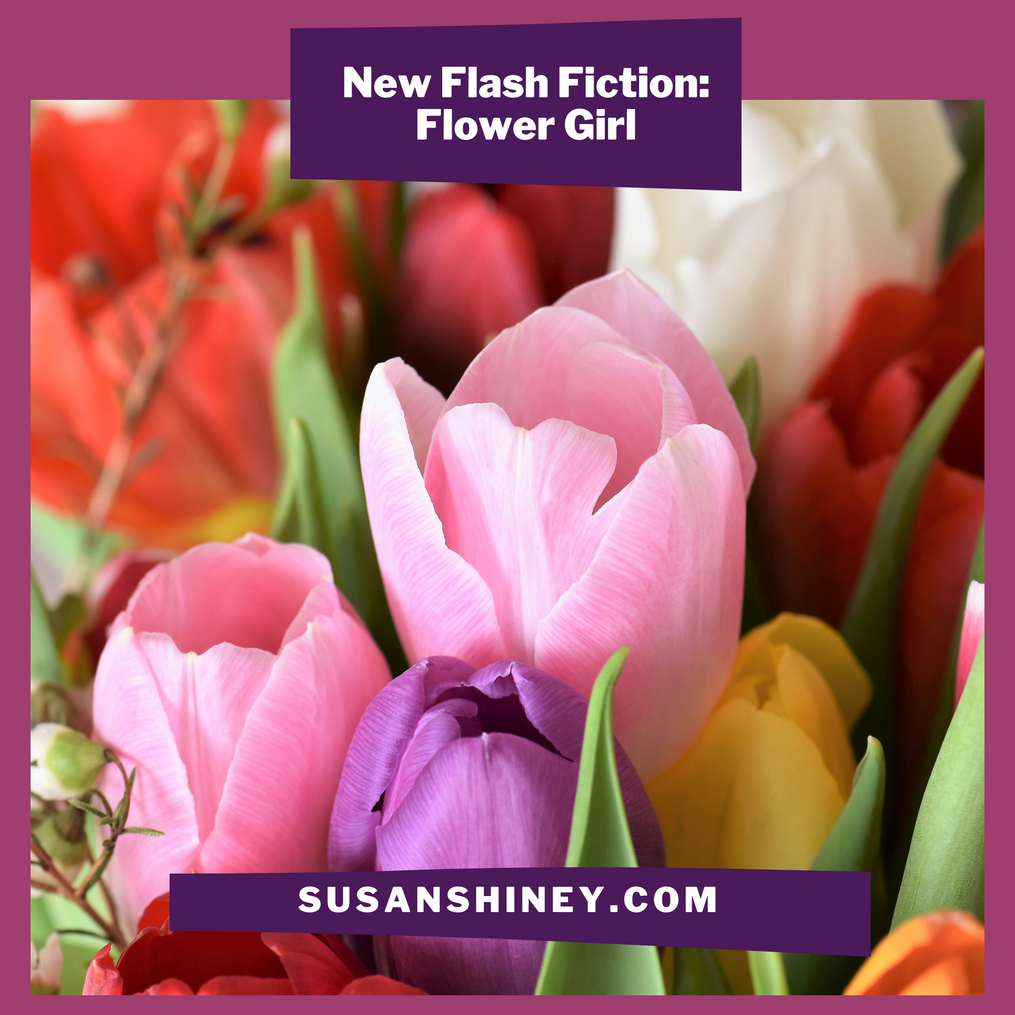Susan's Archives From November 2020
Flash Fiction: Taytum in the Trees
Right when the clock hit 12:00 p.m. Taytum Murphy got up from her desk grasping her Nike gym bag and headed to the bathroom to change. She came out with a black Lycra outfit sculpted to her body, a silver backpack flopping behind her. A comic book hero rolling through the tan cubicles. She draped her blazer, collared shirt, and trousers over her ergonomic chair so they wouldn't wrinkle and left the office.
Losing the Plot: The Many Challenges of a Multi-Book Series by S.J. Howland
The learning curve for a writer who aspires to become a successfully published author is both steep, and well-trodden by those of us in the writing community. The burst of enthusiasm from an initial idea, blossoming into characters who come to life in our imaginations, and worlds that open up before us, is the gateway drug that carries us inexorably forward - until we hit that first stumbling block. For some of us, it is the realisation that the muse alone will not carry us through to the finish; writing is a hard mistress, demanding the sacrifice of time and other easier pursuits. For others, passion for the story itself fades: the ideas and the characters not strong enough to hold our own attention, dooming them in any attempt to beguile others. For many of us, however, the answer is more straightforward: we have simply lost the plot.
Blogging for Fiction Writers : What I Learned from my First Year
Happy Anniversary Blog!
I have posted on my blog each week for the last year. I've learned a lot in that time and I wanted to do a post chronicling it all. My very first blog article was 10 Reasons Why I Have an Author Blog. My initial motivations for starting the blog are still applicable today. Connecting more with the writing community, building up my email list, meeting regular writing deadlines, and most importantly making my writing journey real not only to myself, but to the public as well. If you are still not convinced, I recommend Should You Start a Blog as an Author in 2020 by Ignited Inkwriting, it lists some good pros and cons to consider. Shaunta Grimes also wrote a very detailed list of persuasive reasons in If You're a Fiction Writer, You Should Absolutely be Blogging.
Line Editing Tips: My Step-by-Step Process
Developmental Editing versus Line-Editing
I think of developmental editing as working on the macro structure of your novel and making sure the spine or the character arcs and obligatory genre scenes are fleshed out. I also worked on the structure of my scenes during the developmental edit and will continue to hone my scene structures during the line editing phase. After I finish with my initial developmental editing pass with my manuscript I send it to critique partners for feedback and ask them just to focus on the developmental issues. I discuss how to incorporate their feedback in 15 Tips for Organizing and Implementing Feedback for Revisions. Micro changes at the paragraph and sentence level are line-editing as in going line by line through your manuscript to revise them.
